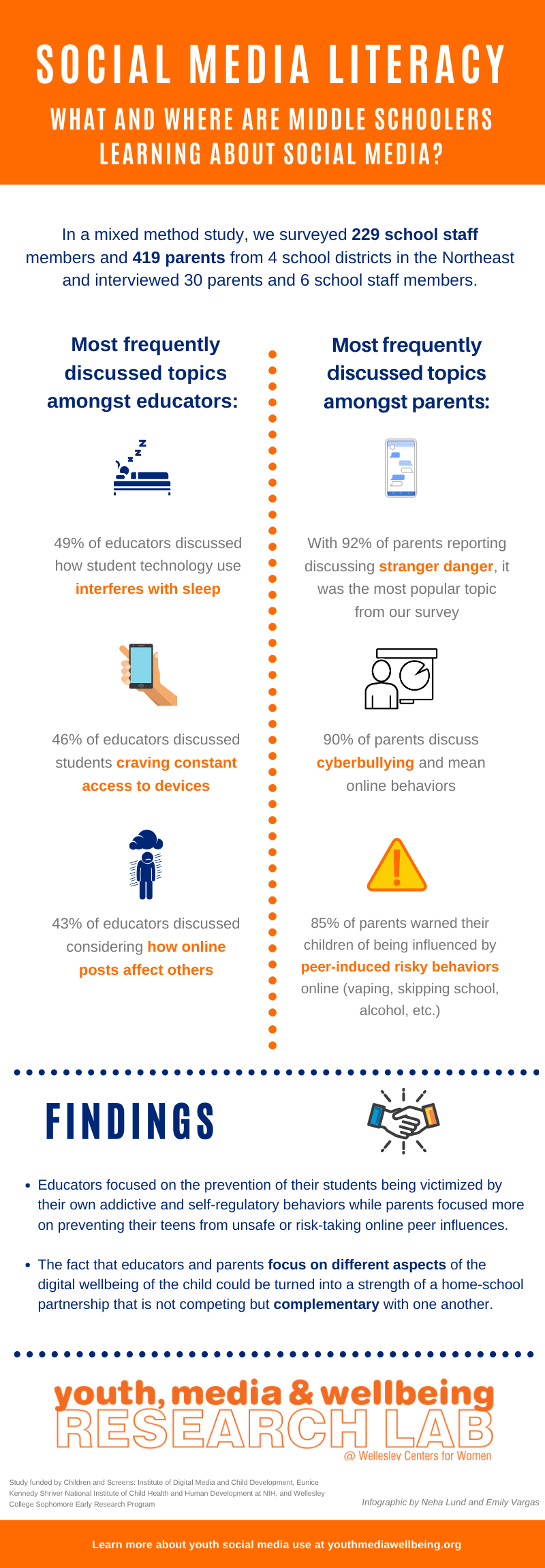Are We in a Golden Age of Stupidity? 5 Key Insights (2025 Analysis)
Explore the paradox of our era: unprecedented access to knowledge yet widespread intellectual challenges. Are we truly in a golden age of stupidity?

Are We in a Golden Age of Stupidity? 5 Key Insights (2025 Analysis)
In recent discourse, a provocative question has emerged: Are we living in a golden age of stupidity? This question gained renewed attention following an article published by The Guardian, sparking widespread debate about the intellectual and cultural state of contemporary society. As technology advances and information becomes more accessible than ever, paradoxically, concerns about declining critical thinking and intellectual rigor have become more pronounced.
This article explores the underlying causes of this phenomenon, the role of digital technology and social media, and the broader implications for society.
The Context: Defining the "Golden Age of Stupidity"
The phrase "golden age of stupidity" is intentionally paradoxical. A "golden age" typically refers to a period of great achievement or prosperity, but here it is juxtaposed with "stupidity," implying a flourishing era of ignorance or intellectual decline.
What Drives This Perception?
Several factors contribute to this perception:
- Information Overload and Misinformation: The internet has democratized access to information, but it has also flooded users with vast amounts of content, much of it misleading or false.
- Social Media Echo Chambers: Algorithms often reinforce existing beliefs, promoting superficial engagement over deep understanding.
- Decline in Critical Thinking: Educational systems and media consumption habits may contribute to diminished analytical skills.
Technology and Intellectual Decline: A Complex Relationship
The Role of Social Media and Digital Platforms
Social media, while connecting billions globally, has been criticized for fostering environments where misinformation thrives. Studies highlight how sensationalist and false content spreads faster than factual reporting, contributing to widespread confusion and skepticism toward expert knowledge.
- A 2024 Pew Research Center study found that over 60% of adults admitted to sharing news articles without reading beyond the headline, exacerbating misinformation.
- Platforms like Facebook, Twitter, and TikTok have implemented fact-checking and content moderation, but critics argue these measures are insufficient or inconsistently applied.
The Impact of Artificial Intelligence and Automation
Advanced AI tools have enhanced productivity and access to information, but they have also introduced challenges:
- Overreliance on AI for Knowledge: People may substitute critical thinking with AI-generated answers, sometimes accepting inaccurate or biased outputs.
- Deepfakes and Synthetic Media: These technologies can blur the line between reality and fiction, complicating efforts to discern truth.
Cultural and Educational Dimensions
Educational Challenges
Educational systems worldwide face challenges in adapting curricula to foster critical thinking and digital literacy skills essential for navigating the modern information landscape.
- According to UNESCO’s 2025 Global Education Monitoring Report, only 45% of students globally demonstrate proficiency in critical thinking skills by the end of secondary education.
- The rise of "clickbait" and entertainment-focused media consumption competes with more intellectually rigorous content.
The Popular Culture Influence
Popular culture often celebrates simplicity and entertainment over complexity. This trend reflects in media consumption habits where viral trends and meme culture prioritize humor and relatability rather than factual accuracy or intellectual depth.
Implications for Society: Navigating a Paradoxical Era
Risks of Intellectual Complacency
The perceived "golden age of stupidity" poses risks such as:
- Erosion of Democratic Discourses: Democracies rely on informed citizenries. Misinformation and intellectual apathy can undermine political processes and social cohesion.
- Vulnerability to Manipulation: Populations less equipped to critically evaluate information are more susceptible to propaganda and extremist ideologies.
Opportunities for Renewal
However, this era also presents opportunities:
- Digital Literacy Initiatives: Governments and NGOs are increasingly investing in programs to improve media literacy.
- AI as a Tool for Education: Thoughtfully integrated AI can personalize learning and encourage critical inquiry.
- Cultural Shifts Toward Mindfulness: Movements advocating for slow media consumption and intellectual engagement are gaining traction.
Conclusion: Are We Truly in a Golden Age of Stupidity?
The question is not easily answered with a simple yes or no. While challenges related to misinformation, declining critical thinking, and cultural trends are undeniable, the era is also marked by unprecedented access to knowledge and technological tools that can empower individuals.
The critical task ahead is to harness these tools wisely, reform educational systems, and cultivate a culture that values intellectual rigor alongside technological progress. Whether this period will be remembered as a golden age of stupidity or intellectual renaissance depends largely on societal choices made today.
Visual Illustrations
To complement this analysis, relevant images include:
- Screenshots of social media platforms illustrating misinformation spread
- Visual representations of AI in education and media
- Infographics on media literacy statistics and educational proficiency
- Cultural depictions of meme and viral content phenomena
By critically engaging with these trends, society can better understand the paradox of living in an age of both unprecedented knowledge and widespread intellectual challenges.



